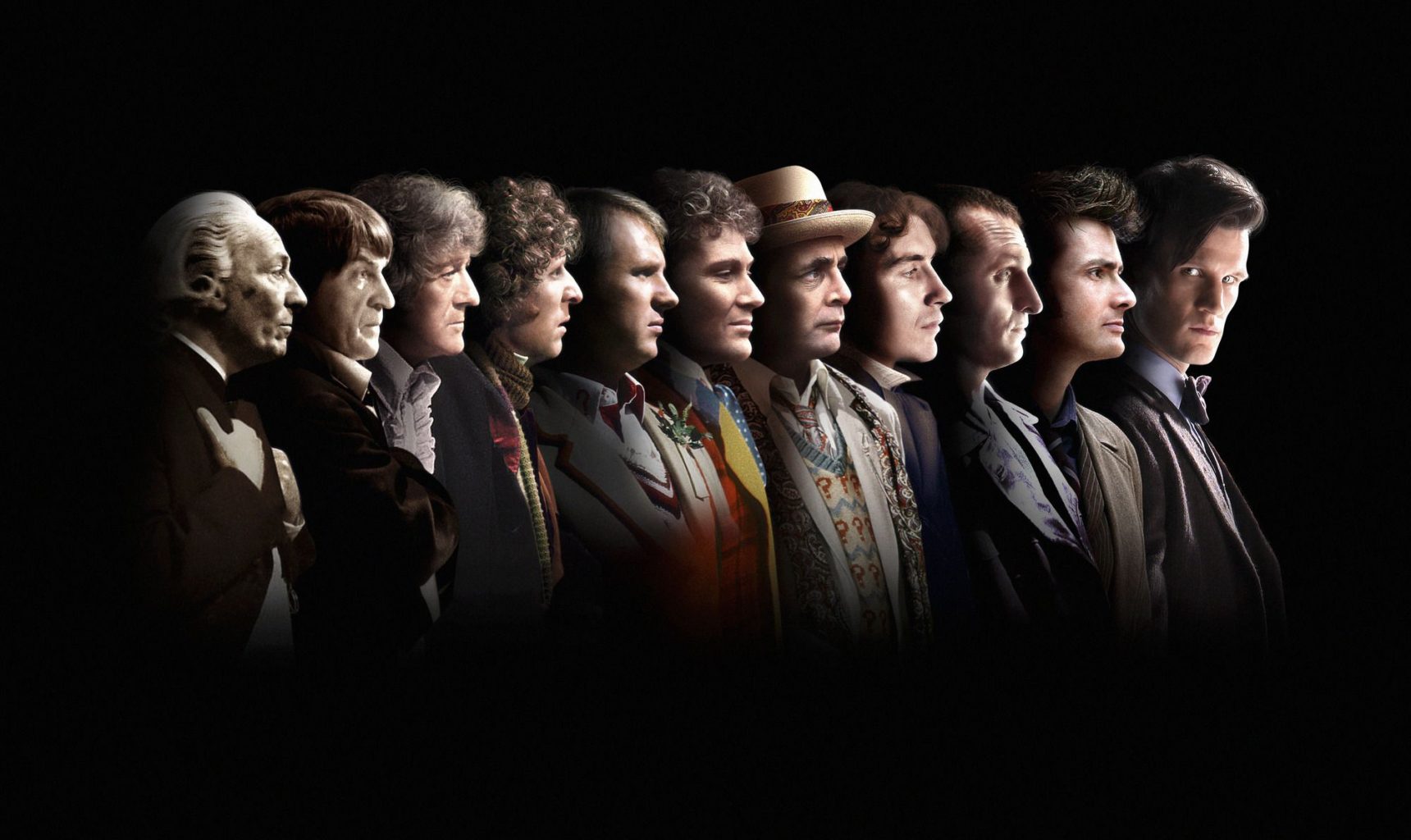Doctor Who casts its first openly gay companion
Since its revival in 2005, Doctor Who has been the subject of much praise and criticism in terms of representation – generally speaking, Russell T Davies (showrunner from 2005-9) receives the former, while Steven Moffat (showrunner from 2010-17) receives the latter.
Davies is an openly gay writer, often incorporating LGB+ representation and sexuality into his writing (most recently in Cucumber, which predominantly followed the male gay community in Manchester). He was responsible for creating John Barrowman’s infamous Captain Jack, the first character in the world of Doctor Who who wasn’t openly heterosexual – Barrowman termed the character ‘pansexual’. The introduction of this character led to the first same-gender kiss in the show’s history, in 2005, between Jack and Christopher Ecclestone’s Doctor.

John Barrowman as Captain Jack Harkness. Credit: Ellen, Wikimedia Commons
Science-fiction is often charged with the responsibility of representing the under-represented – if it’s able to write about unfathomable aliens and robots, surely it’s not too difficult to write about those back on Earth who so often lack representation?
In its late-noughties days, then, Doctor Who was the subject of praise in terms of LGB+ representation (as well as being praised for showing non-white characters who weren’t one-dimensional). However, this has slumped in recent years – and as well as this, the show has often been criticised for its representation of women, more so under Moffat’s leadership.
If it’s able to write about unfathomable aliens and robots, surely it’s not too difficult to write about those back on Earth who so often lack representation?
Many commentators feel the male hero/female companion formula is a tired one, and while the two roles are co-leads, there is still yet to be an incarnation of the Doctor played by a woman.
Perhaps the biggest figure of contention in terms of the representation of women and of LGB+ characters is Alex Kingston’s River Song. Often crassly described by the show’s representatives as a ‘strong, female character,’ River is the Doctor’s wife, but has had off-screen relationships with other men and women (including Cleopatra, apparently).
It’s all well and good to show that a character’s sexuality can be complex (River can easily be considered bi+), and no-one is asking to be privy to every romantic encounter River has had in the show. But to be so offhand with these kinds of references in the show is a problem. There is already an issue with under-representation of LGB+ people in television (although it should be noted that Moffat also created the characters of Jenny and Vastra, two lesbian friends of the Doctor), and for River’s sexuality to be such a peripheral part of her characterisation does nothing to rectify this issue.

Alex Kingston, who plays River Song. Credit: Gage Skidmore, Wikimedia Commons
What the show needs is a balance. It can’t make the fact that Bill is gay the defining feature of her character – and indeed, Pearl Mackie has said that being gay is ‘not the main thing that defines her character’ – because that would be reductive and tokenistic. But at the same time, it can’t just mention it offhandedly and never address it again, because to an extent that would make pointless this supposed representation. Bill’s sexuality needs to fall somewhere between these markers – something important in her characterisation and how she is represented, but not something which consumes the character.
So, I’m wary, in part because of Moffat’s record on the apparent ‘representation’ of female and LGB+ characters thus far in his tenure. Here’s hoping that Bill being gay isn’t tokenised, and used to box her into a ‘gay stereotype,’ but also not just mentioned once, in the pilot episode, and then ignored from there on in – to do so would waste the representational possibilities of such a global, widely-viewed show. Bring on characters with three dimensions who aren’t the Doctor.
NB: I write this as someone heterosexual, and don’t mean to suggest a ‘best’ method of LGBT representation, but offer my view on how I think the show could positively present Bill’s sexuality.

Comments